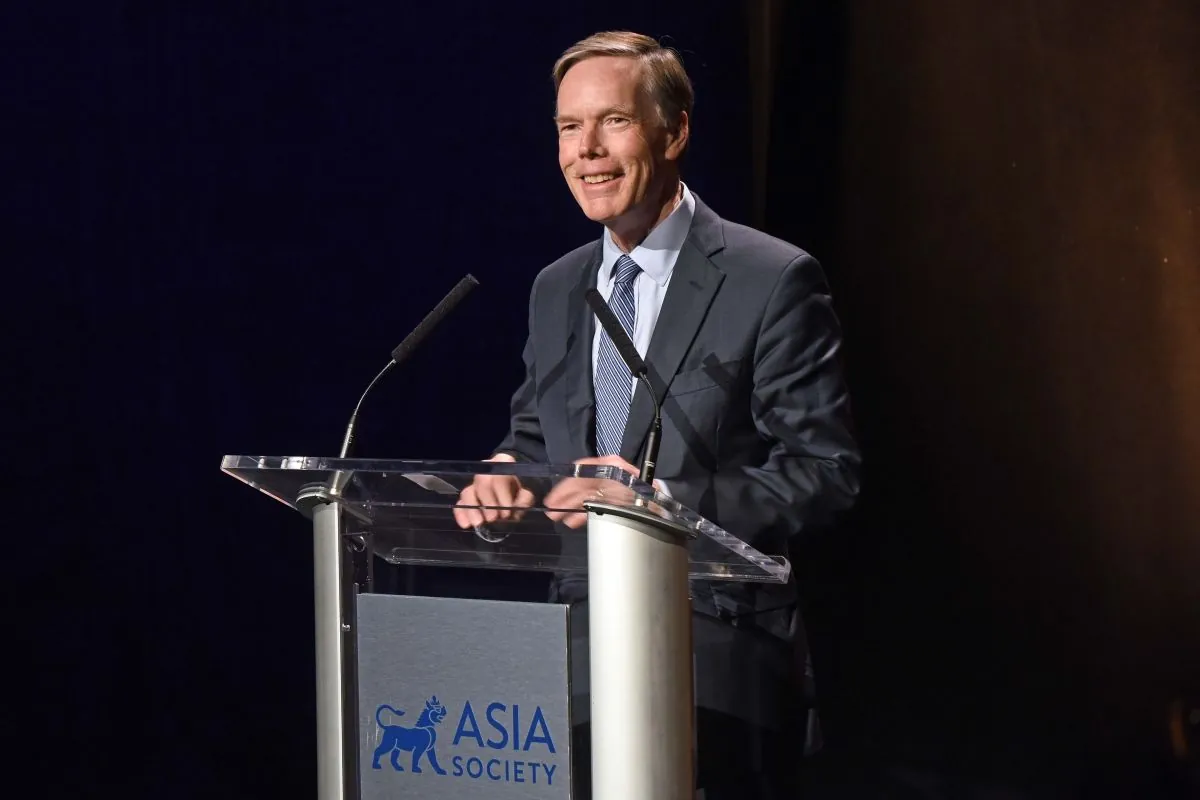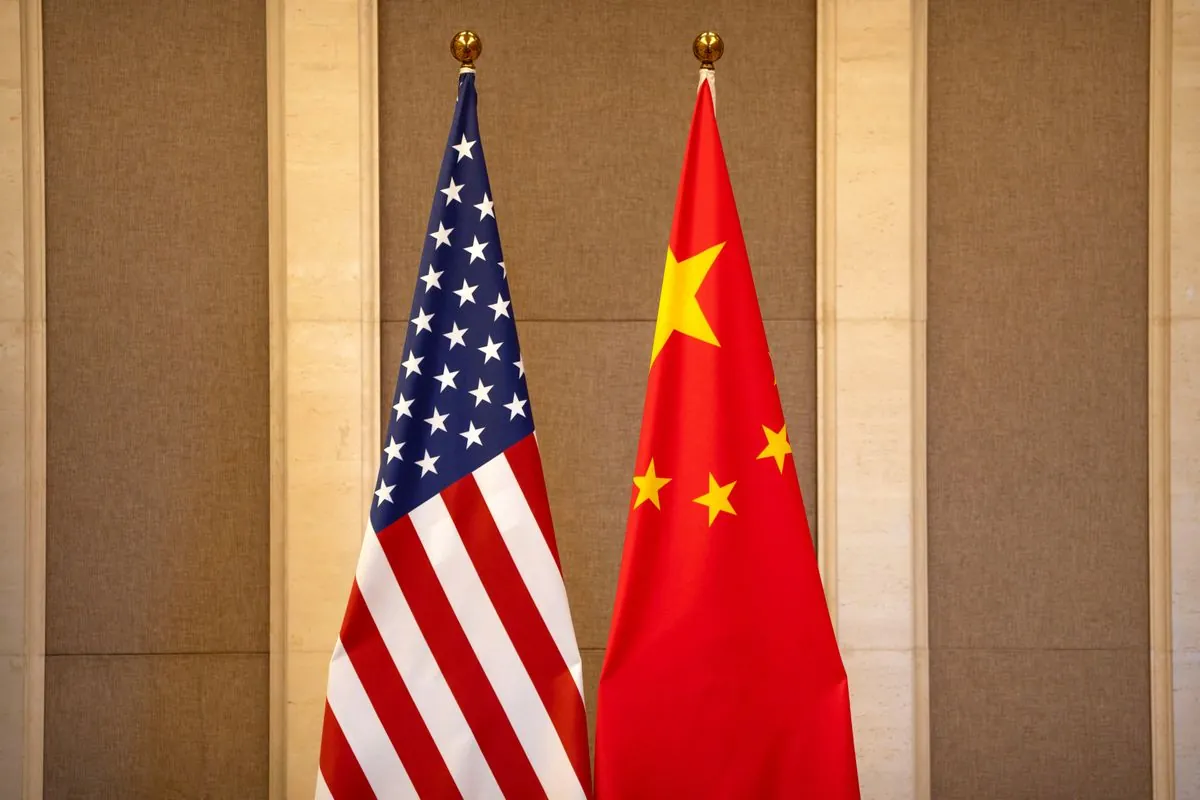U.S.-China Relations: Navigating Competition and Cooperation in a Complex Era
U.S. Ambassador Nicholas Burns discusses the evolving U.S.-China relationship, highlighting recent diplomatic efforts and ongoing challenges. He emphasizes the need for balanced competition while seeking areas of cooperation.

In early September 2024, Jake Sullivan, U.S. National Security Advisor, made a significant visit to China, meeting with Chinese leader Xi Jinping and other high-ranking officials. This trip marked a crucial step in ongoing efforts to manage the complex relationship between the world's two largest economies.
Nicholas Burns, who has served as U.S. Ambassador to China for over two years, provided insights into the current state of U.S.-China relations. Burns emphasized the importance of maintaining diplomatic channels, stating, "We now have connectivity with the Chinese leadership. This is quite extraordinary and important, especially considering the low point in relations following the balloon incident in February 2023."
The ambassador highlighted several key issues shaping the bilateral relationship:
Taiwan: Burns reaffirmed the U.S. commitment to the One China policy, which has been a cornerstone of U.S.-China relations since the 1970s. He noted, "Despite inflammatory rhetoric and increased Chinese naval and air activity in the Taiwan Strait since Speaker Pelosi's visit in August 2022, the region has remained peaceful."
Fentanyl: The U.S. has been pressing China to curb the flow of precursor chemicals used in fentanyl production. Burns reported some progress, stating, "Several weeks ago, China listed three precursor chemicals as prohibited for export, and we've begun to have broader law enforcement cooperation on this issue."
Economic competition: Burns acknowledged the shift in U.S. policy towards China, explaining, "China has changed. We've seen a more aggressive China in this region and unfair economic practices. Administrations have had to react to that change."

The ambassador emphasized the need for a balanced approach, stating, "The challenge is, can we compete and yet avoid the kind of conflict that would be catastrophic for the world?" He rejected the notion of complete decoupling, noting that China remains the U.S.'s third-largest trading partner.
Burns also addressed climate change cooperation, highlighting that China and the U.S. are responsible for 28% and 10% of global emissions, respectively. He stressed the importance of working together to meet Paris Agreement commitments while also protecting U.S. industries from unfair competition.
"We're running a very tough-minded policy based on defending American national interests and accentuating and building America's military and diplomatic strength in the Indo-Pacific."
The ambassador concluded by emphasizing the need for continued engagement, even as competition intensifies. He expressed concern about the reduced people-to-people exchanges, noting, "We've had one congressional delegation visit China in the last five years, and American student numbers have dropped from 15,000 ten years ago to only about 800 now."
As the U.S.-China relationship continues to evolve, Burns' insights underscore the delicate balance between competition and cooperation that will shape this critical bilateral relationship in the years to come.


































